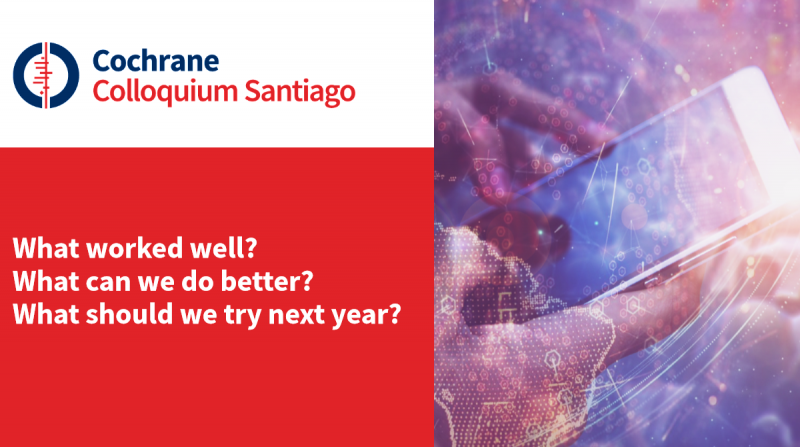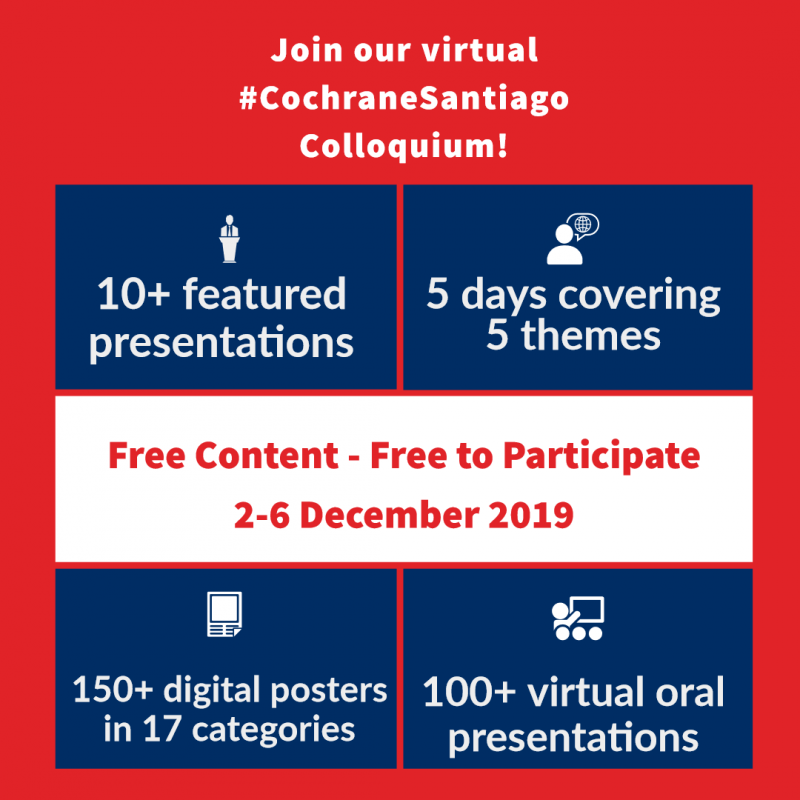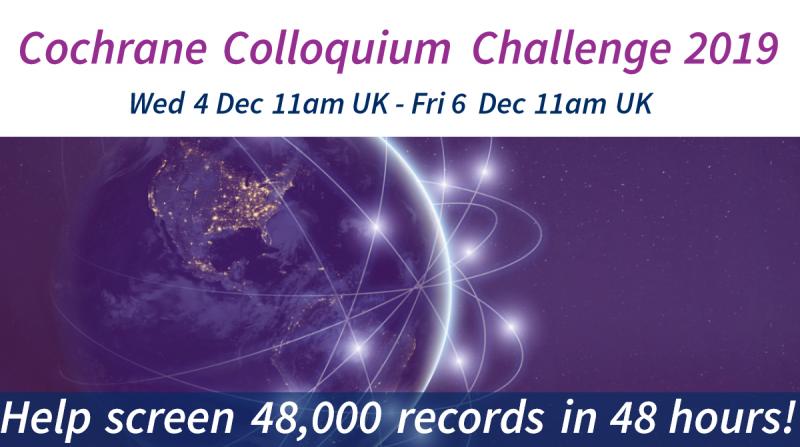Project Transform: A Game Changer

In 2014 Cochrane called for proposals for ‘Game Changer Initiatives’, ambitious projects to improve how we do business and enable our vision of ‘a world of improved health’.
Project Transform was funded by Cochrane and the Australian National Health and Medical Research Council as part of this initiative. As the Final Report describes, Project Transform has resulted in a wide range of practical, innovative outcomes for Cochrane which have already impacted on the way Cochrane works.
Cochrane CEO, Mark Wilson says “Project Transform truly was a ‘Game Changer’ for Cochrane. It led us to innovate in ways that will have a profound and long-lasting impact on Cochrane’s evidence production by improving our editorial processes, engaging our community, and ensuring Cochrane evidence is high-quality and up-to-date in order to improve health outcomes.”
Innovative ways of involving people in Cochrane’s work was a core focus of Project Transform, which included developing classifiers for study identification, a citizen science platform, Cochrane Crowd, and an online task-sharing platform, TaskExchange. “Cochrane Crowd and TaskExchange are now core components of Cochrane’s Membership Scheme, helping us recognise contributions to Cochrane, big and small, and building skills and connections across our community” says Chris Champion, Cochrane’s Head of People Services. “In combination with novel machine-learning technologies in Evidence Pipeline, Crowd members are now making a substantial contribution to how we find the evidence on which Cochrane reviews are based.”
Project Transform has also taken living, continually updated, systematic reviews from idea to a living, breathing, reality. Cochrane Editor-in-Chief, Karla Soares-Weiser says “Producing systematic reviews that are relevant to decision-makers is our core business. Living systematic reviews are an example of Cochrane at its best, harnessing innovation to ensure our reviews are up-to-date while maintaining rigour.” Read more about Cochrane living reviews and how to do them, or join the Cochrane-hosted Living Evidence Network here.
Each of the Project Transform components are now an ongoing part of Cochrane’s work. If you’d like to get involved in any of these activities, please get in touch with the teams below:
Machine learning and classifiers - James Thomas, james.thomas@ucl.ac.uk
Cochrane Crowd - Community Support Team, support@cochrane.org
TaskExchange - Community Support Team, support@cochrane.org
Living Systematic Reviews - lsr@cochrane.org
Living Guidelines - Julian Elliott, julian.elliott@monash.edu
















